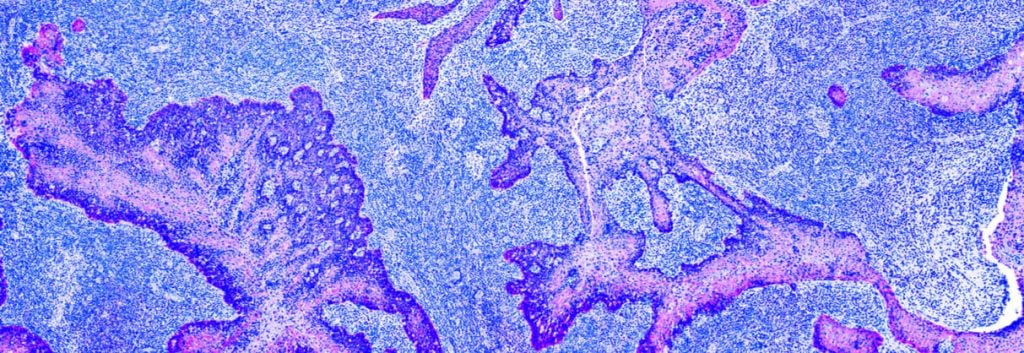Following successful pilot studies, Adaptimmune will increase the dose of its T-cell therapy 10-fold to see if it remains safe, while also assessing its cancer-fighting capacity.
Adaptimmune is a leader in the development of T-cell therapies for the treatment of cancer. It has been testing another one of its SPEAR T-cells in two pilot studies to determine the safety of its candidate in non-small cell lung cancer (NSCLC), as well as bladder, melanoma, and head and neck cancers. The company will continue to provide safety and efficacy throughout 2018 as it accumulates.
T-cells can have trouble detecting cancer cells, but Adaptimmune engineers them to increase their affinity by producing new sequences in the complementarity determining regions (CDRs). These share similarities with CAR-T cells, which are genetically modified to express a Chimeric Antigen Receptor (CAR), enhancing their ability to recognise cancer cells. The company’s latest SPEAR T-cells target MAGE-A10, a highly immunogenic member of the MAGE-A family of cancer-testis antigens. It is expressed by a number of solid tumors and is often associated with later stage cancer.
So far, 8 patients in the first cohort of the two studies have received a dose of 100 million MAGE‑A10 SPEAR T-cells. No off-target binding or alloreactivity toxicity observed. There have also been no reports of neurotoxicity and just one serious case of cytokine release syndrome (CRS).
As a result, the dose of MAGE-A10 SPEAR T-cells in the triple tumor study will be increased to 1 billion cells. This number was chosen based on the therapeutic threshold dose for SPEAR T‑cells targeting NY-ESO in a previous pilot study. Whether or not to increase the dose in the NSCLC cohort will be reviewed once the sixth patient has started treatment.
Cancer therapies harnessing the power of the immune system is a very exciting field at the moment, especially following the FDA approvals of two CAR-T cell therapies in 2017: Novartis’ Kymriah and Gilead’s Yescarta. However, biotechs are taking all sorts of different approaches to the treatment of cancer, including MorphoSys’ antibodies, Erytech’s ‘loaded’ red blood cells, and BioNTech’s personalized immunotherapies using CAR-T, TCR, and mRNA.
Adaptimmune has recovered well from the partial hold that the FDA placed on their clinical development in 2016, attracting investment from GSK last September and now announcing these positive early results. In addition, with more and more potential therapeutic targets being discovered all the time, it is exciting to imagine the impact that Adaptimmune’s highly customizable technology could have on the cancer therapies field.
Media – Carl Dupont / shutterstock.com; Adaptimmune





